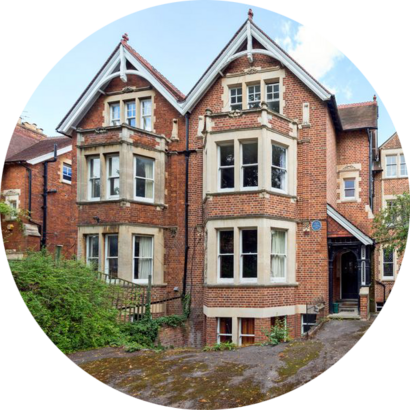China has begun to set the boundaries for the 10,476-square-mile Giant Panda National Park, which will unify more than 60 existing panda reserves and span parts of three provinces: Sichuan, Gansu, and Shaanxi. The vast majority of the land is in Sichuan, which is home to more than 80 percent of the world’s wild-panda population, according to National Geographic. Experts hope the $1.5 billion project will connect isolated panda populations and spur breeding—pandas are notorious for their low reproductive rate, so experts are eager to introduce potential mates from different habitats. Consolidating the park will also help safeguard the bears’ access to bamboo, their primary food, which is under threat due to the climate emergency. Naturally, cities and locals hope to benefit from any potential tourism industry the park might create. Although the park will be strictly protected, proposals for “ecotourism” have been submitted—one calls for building a railway through part of it.

Crimea
Workers of the World, Recreate
What did you do on your summer vacation? If you were one of 45,000 kids whose parents are fans of non-democratic states, you went to Artek, a camp near the Black Sea. During the glory years of the Soviet Union, this was the biggest of the country’s Young Pioneers camps, where junior true believers came to learn the collective mind-set and enjoy communal living, all under the gaze of a 36-foot-tall statue of Lenin. After the collapse of the U.S.S.R., the camp, on a rocky stretch of beach near Yalta, began to crumble. Enter your restoration hero, Vladimir Putin, who poured $200 million into renovating the camp, which has since welcomed such bright, young campers as Bashar al-Assad’s three kids.

Italy
No Olive Alive?
Italy’s multi-billion-dollar olive-oil industry is threatened with destruction from “olive tree leprosy,” a deadly bacterial disease. So far, 40 percent of Puglia’s crop has been lost, and many farmers are selling off their olive presses, convinced the disease can’t be stopped.
Carried by sap-sucking insects, the virus was first detected in the area six years ago. Experts believe it came to the region on plants imported from Costa Rica. With more than 21 million trees infected in Puglia, it is now spreading north at a rate of over one mile a month; there is no known cure. Trees in Portugal, Spain, France, and Israel also have been infected.

Germany
The Real Snow White?
A recently discovered tombstone of an 18th-century baroness has been confirmed to be that of Maria Sophia von Erthal, who some believe was the inspiration for Snow White. Much like the heroine of the Brothers Grimm story, von Erthal was a “girl of unusual loveliness,” according to a family chronicle. After her mother died, she also came under the clutches of an imperious stepmother who ostracized her from the family. She ended her days, blind and unmarried, living with an English spinster in the Bavarian town of Bamberg.
Alas, all folktales contain a twist. Holger Kempkens, director of the Diocesan Museum in Bamberg, which acquired the tombstone, admitted to The Times of London that the theory that von Erthal is the real Snow White could, well, be “a bit of a gimmick”—a way for the town to compete with other tourism-hungry hamlets in the region that also claim to be the home of Snow White.

Greece
Advantage, Nadal
Realizing that your tennis this summer has been a bit … sub-par? Maybe you want to improve your game? Well, Rafael Nadal is waiting to help you, in Greece.
Or at least Toni Nadal is. Uncle Toni, as he’s known, is the winningest tennis coach ever, thanks to the 16 Grand Slam titles he guided his nephew to. Now he’s teaching the “Rafa Way” at Sani Resort, where he’ll put you through the paces on clay courts, applying the same training that, he says, took Rafael Nadal “all the way to the world No. 1 spot.” No word if any of Rafa’s trademark ticks—like obsessively placing two water bottles to the left of your chair, labels facing forward—are also taught.

U.K.
Lawrence of Suburbia
In an effort to prevent T. E. Lawrence’s childhood home from possibly being torn down, a proposal has been advanced to turn it into a museum for “Lawrence studies.”
The sprawling red-brick house in Oxford is something of a shambles, having been on the market for two years and unoccupied. (It’s currently listed at $3.3 million.) It was here that the renowned writer, diplomat, and adventurer returned, after his World War I exploits in the Middle East.
Efforts to earn the house landmark status have failed, so Rory Stewart, the recent prime minister hopeful, and John Simpson, of the BBC, have suggested that one of the three Oxford colleges to which Lawrence belonged buy the property. So far, there is no word from the university.

